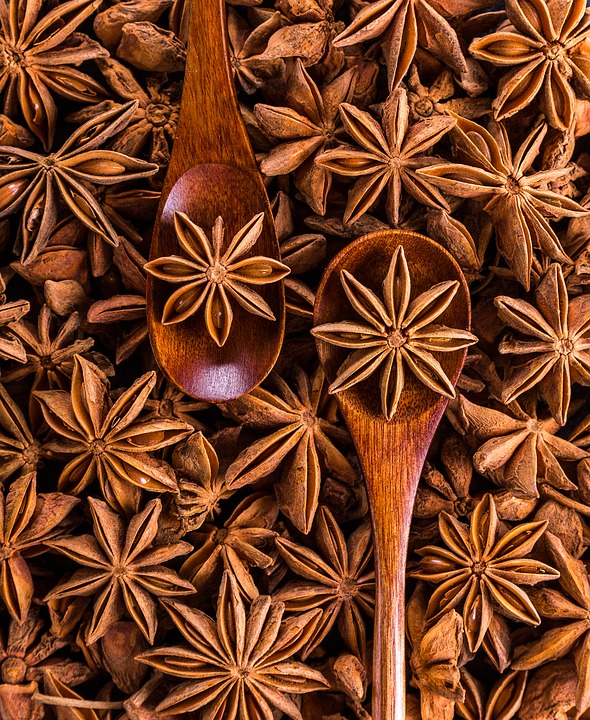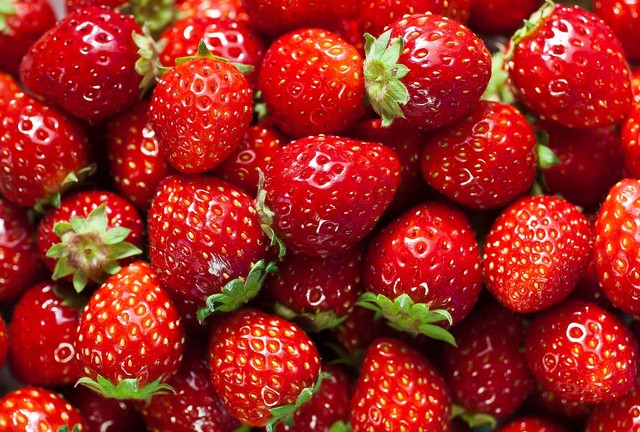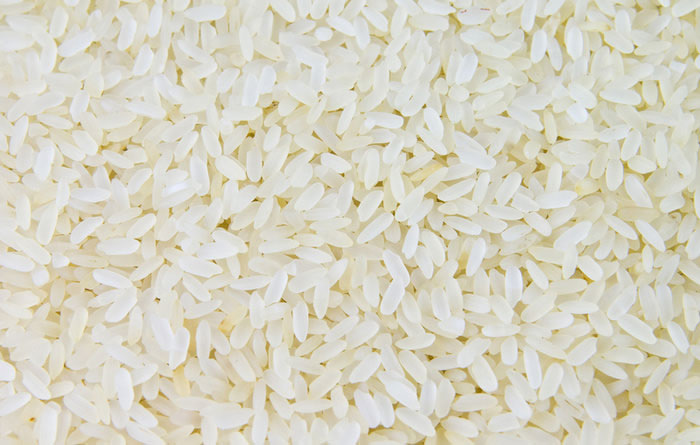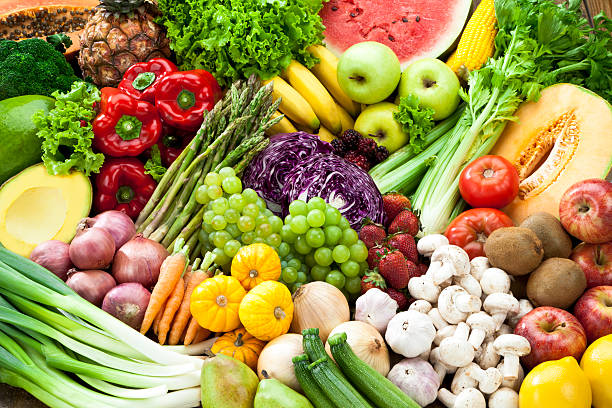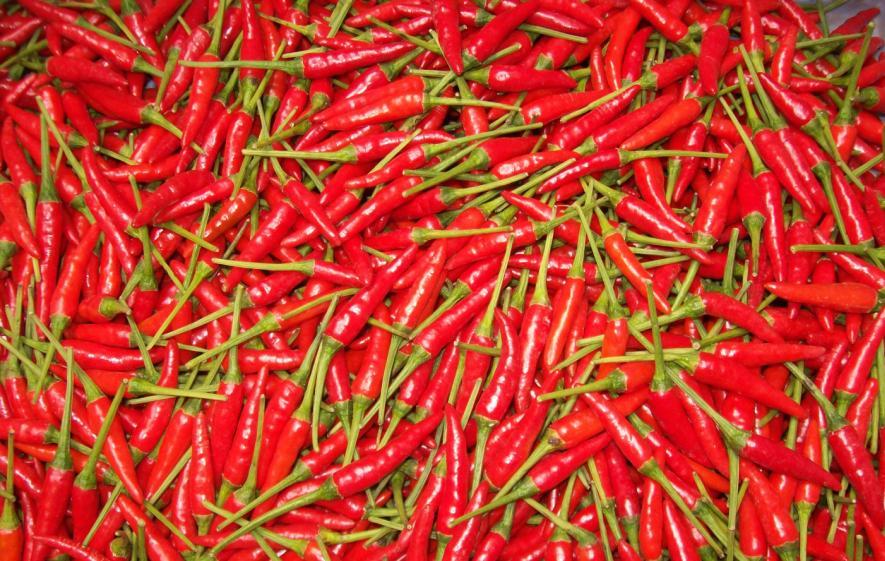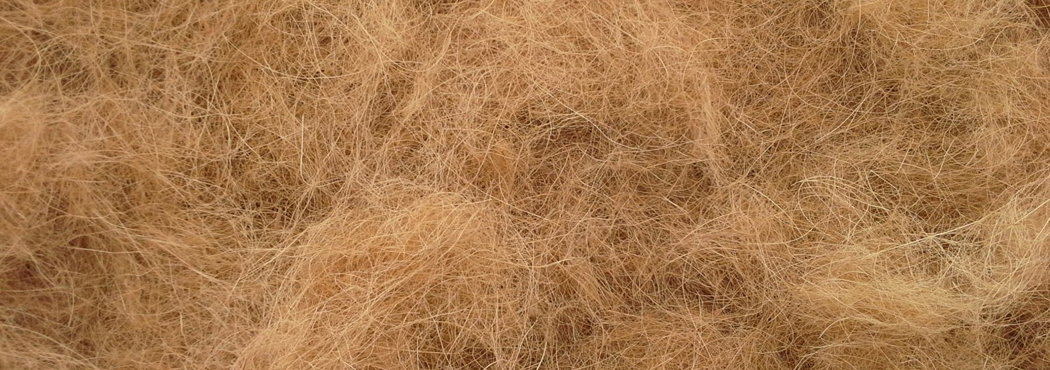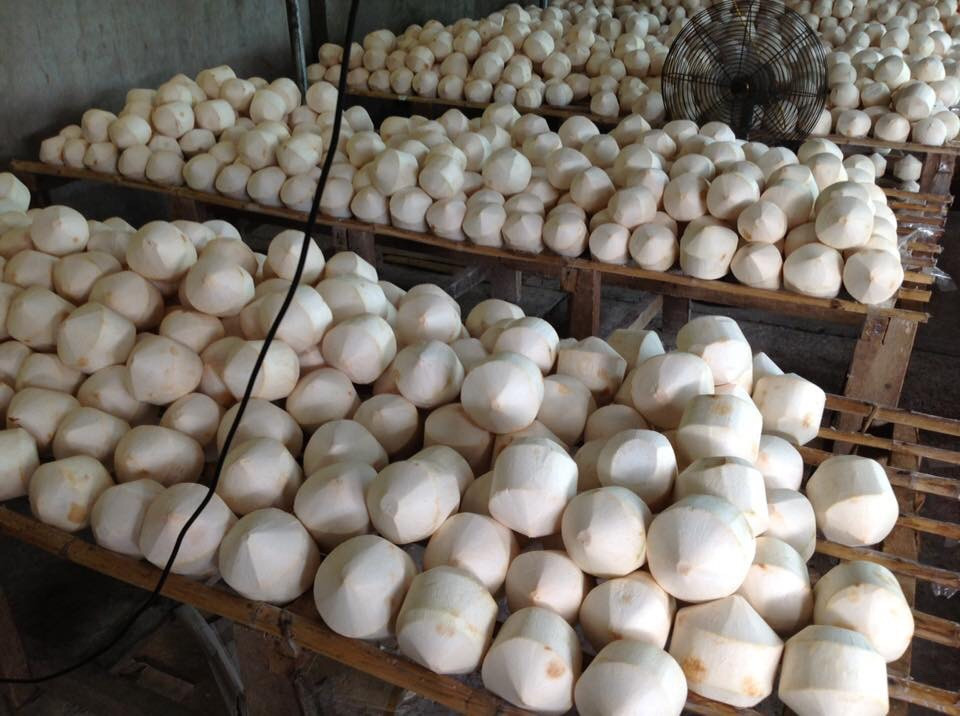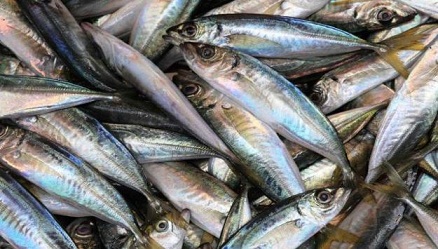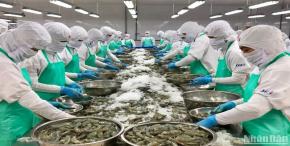News
Collaboration between Japan and Vietnam for the sustainable future
Update: 12/1/2015FOOD CROPS. On December 8, 2014, the Organizers: Prof. Dr. Hiroo Fukuda, Head of NC-CARP, The University of Tokyo; Prof. Dr. Motoaki, Principal Investigator of e-ASIA Joint Research Program, RIKEN and Assoc. Prof. Dr. Le Huy Ham, Principal Investigator of e-ASIA Joint Research Program, Agricultural Genetics Institute (AGI) jointly organize the International Symposium on “Collaboration between Japan and Vietnam for the sustainable future - Plant science, agriculture and biorefinery” at the Agricultural Genetics Institute (AGI).
In the 21st centery where various problems surrounding humankind as global warming due to emission of carbon dioxide, the rapid population growth, and depletion of fossil fuel are becoming prominent , efficient usage of plants as foods, clean energy source and secondary metabolite resource are becoming crucial. To solve this global issue, we need international collaborations of researchers. Toward wide international collaborations, we will promote collaborations between Vietnam and Japan, both of which will be leading countries for making sustainable future in Asia.
The symposium includes 9 presentations , 4 from Vietnam and 5 from Japan outstanding researchers. They covers from plant breeding to biorefinery, and will inform about recent advances of their fields.
You can see some papers of the expert meeting here. (see more ...)
Results and Perspectives of NC-CARP (Network of Centers of Carbon Dioxide Resource Studies in Plants) program
Hiroo Fukuda, Head of NC-CARP, The University of Tokyo
In the 21st centery, we are facing global warming due to emission of carbon dioxide and depletion of fossil fuel. Turning carbon dioxide into resources is now a social challenge for the production of bioenergy and biorefinery. NC-CARP, which is an organization of eight universities and three research institutions, started in 2011 and aspires to build a technological basic to turn carbon dioxide into resources through joint of differing fields such as plant biology , agriculture, chemistry, and engineering (Figure). Specifically , it is studying productive breeding of biomass which can be used efficiently as industrial materials in the "super biomass breeding base" and research highly efficient production of bulk and fine chemicals in the "biomass application base".
Through this joint program, we have obtained many results that will contribute to make sustainable future. Here, I will talk about such results, in particular, development of a super Sorghum as a future biomass plant and gene hunting for technical development of woody biomass, as well as NC-CARP itself.
